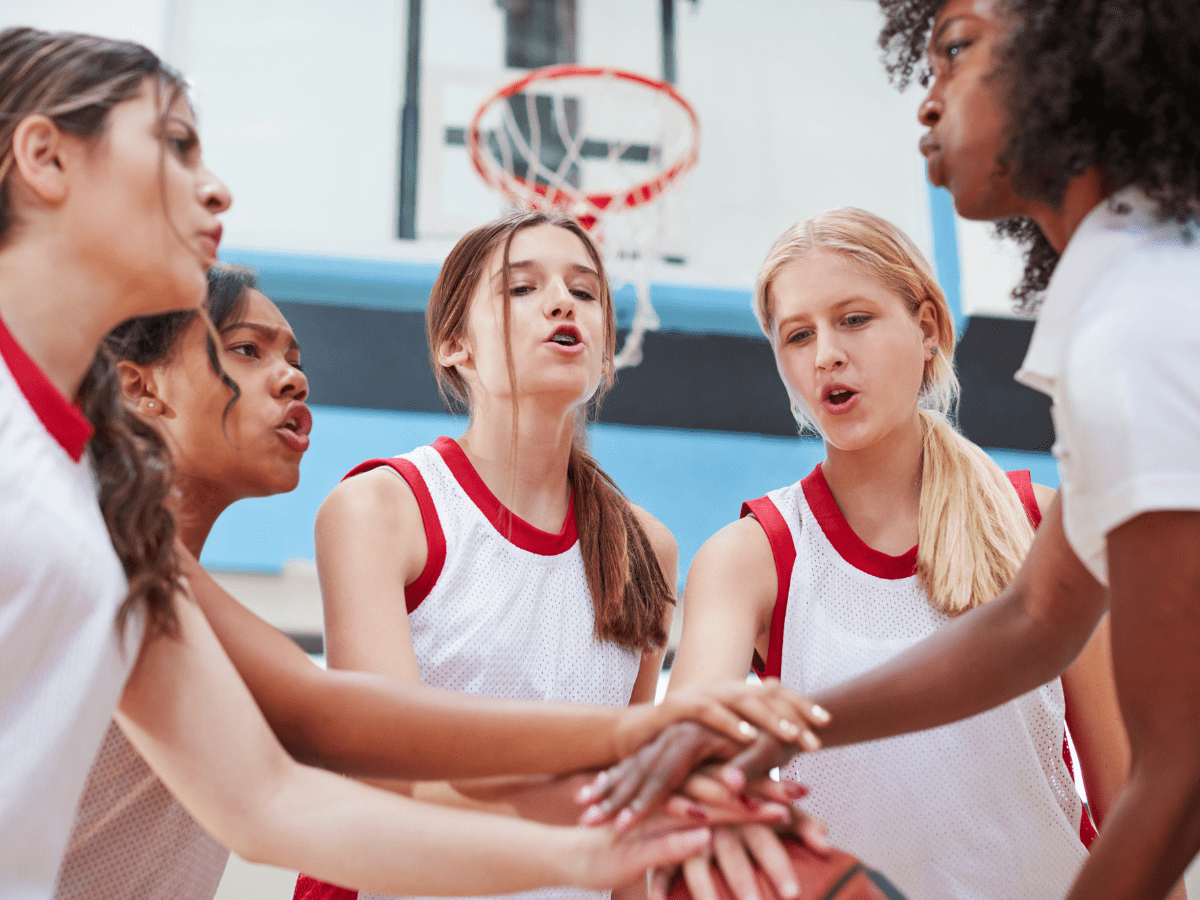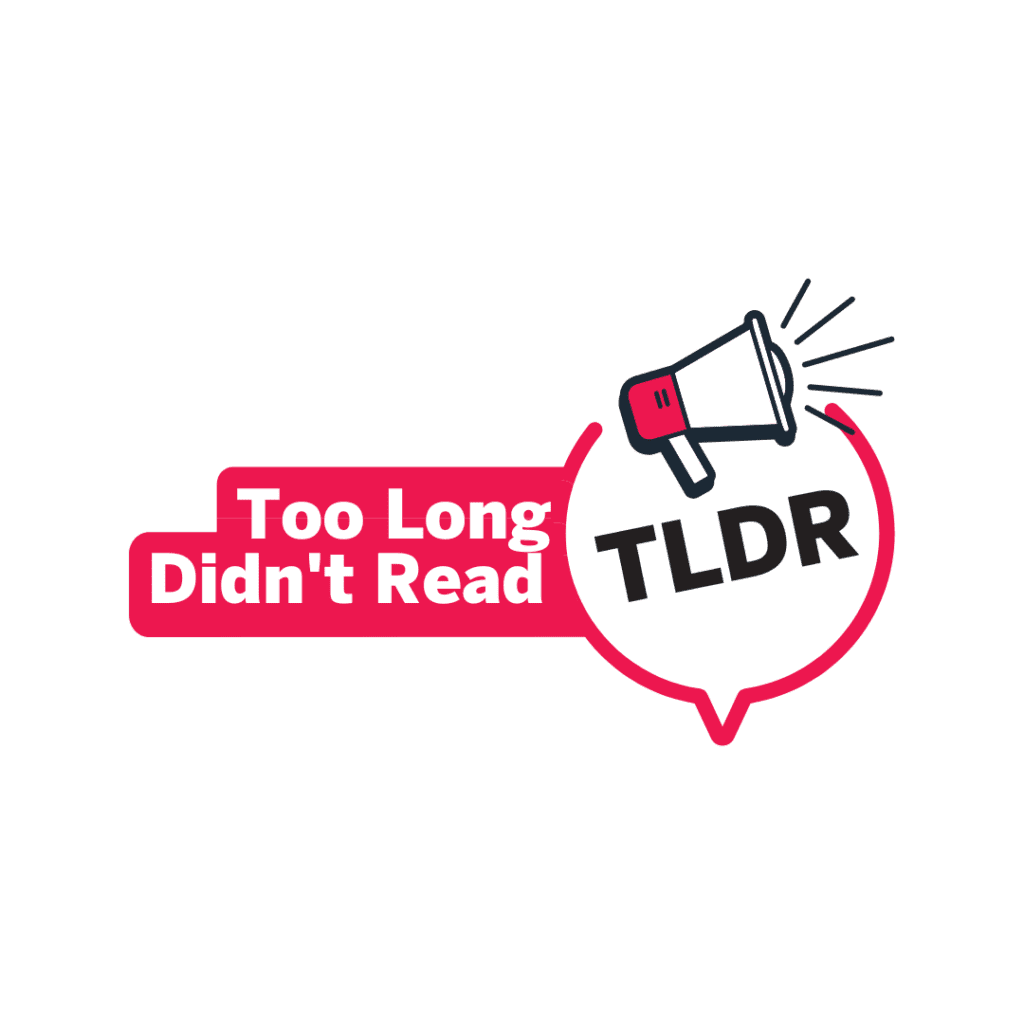

Project Summary
Currently, there is considerable public concern about youths’ healthy physical and psychosocial development. As such, researchers in both developmental and sport psychology highlight a need to better understand how organized sporting activities may be contributing to youths’ positive or negative development. The purpose of this study was to gain understanding of adolescents’ positive and negative developmental experiences in sport. Athletes suggested their sport involvement facilitated many positive developmental experiences related to challenge, meaningful adult and peer relationships, a sense of community, and other life experiences. Athletes also highlighted negative developmental experiences related to poor coach relationships, negative peer influences, parent pressure, and the challenging psychological environment of competitive sport.
Research Methods
Participants included 22 competitive swimmers aged 14-18, purposefully sampled for maximum variation (i.e., mixed genders, clubs, coaches, competency levels, and engagement levels). Participants engaged in a semi-structured interview (approximately 1 hour) with questioning focused on participants’ positive and negative developmental experiences in competitive swimming during adolescence. Data was analyzed using previously established guidelines (Tesch, 1990).
Research Results
Tables 1 and 2 present the findings that emerged from the data. Positive developmental experiences were grouped into five categories related to: challenge, meaningful adult relationships, meaningful peer relationships, a sense of community, and other life experiences. Negative developmental experiences were grouped into four categories related to: poor coach relationships, negative peer influences, parent pressures, and challenging psychological environments.
Generalizations to other sport environments should be done with caution due to substantial differences across sport programs; however, as the first study to gain such in depth understanding of adolescents’ developmental experiences, findings serve as a springboard for future investigation and understanding of developmental experiences in other sport programs. It should also be noted that more females than males participated in this study. As such, future investigation should aim to gain a more comprehensive understanding of both genders’ developmental experiences in sport, and potential differences in male and females’ experiences.
Policy Implications
Findings highlight the critical importance of appropriate training for coaches of adolescent athletes. First, many athletes outlined concerns regarding coaches’ ability to understand adolescents’ psychological, social, and emotional development, highlighting a need for improved curricular content and practical learning in this area. Second, findings emphasize a ‘disconnect’ between coaches’ perceptions of their behaviours and athletes’ perceptions of coaches’ behaviours. As such, coach certification programs and pedagogical workshops should place additional weight on the importance and value of self-evaluation and peer-evaluation, and should outline effective methods for conducting such evaluations. Third, findings highlight coaches’ important roles in facilitating adolescents’ positive adaptation to the stressful environment afforded by competitive sport. Focusing more on communication skills, and strategically weighing the provision of a challenging environment with opportunities for success in that environment, are of utmost importance.
Next Steps
Findings suggest many new research questions, areas for future investigation, and subsequent implications. The following are a few examples:
Developmental Experiences: Do developmental experiences vary across different sport environments (e.g., different types of sports, competition levels, investment levels)? How can positive developmental experiences be facilitated in all sport environments?
Coaches: Do certain positive coach-related experiences ‘balance out’ or neutralize negative experiences? Can coaches facilitate adolescents’ positive adaptations to sport-related challenge and stress?
Parents: How are different youth sport programs addressing parent education, and how effective are they in doing so? Can more innovative methodologies (e.g. journals, ethnography) be used to gain deeper understanding of parent-adolescent relationships in sport?
Key Stakeholders and Benefits
With growing concern for youths’ healthy physical and psychosocial development, this research is timely and of wide reaching interest. Findings serve as a starting point for future modifications and interventions in youth sport programming aimed at enhancing healthy development and facilitating prolonged engagement. Sport Canada is encouraged to disseminate freely.
Table 1
Positive Developmental Experiences: Categories and Themes

Note. N represents number of participants that discussed a theme.
Table 2
Negative Developmental Experiences: Categories and Themes

Note. N represents number of participants that discussed a theme.